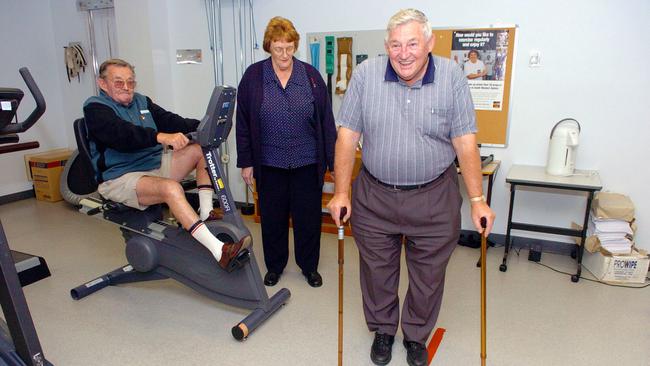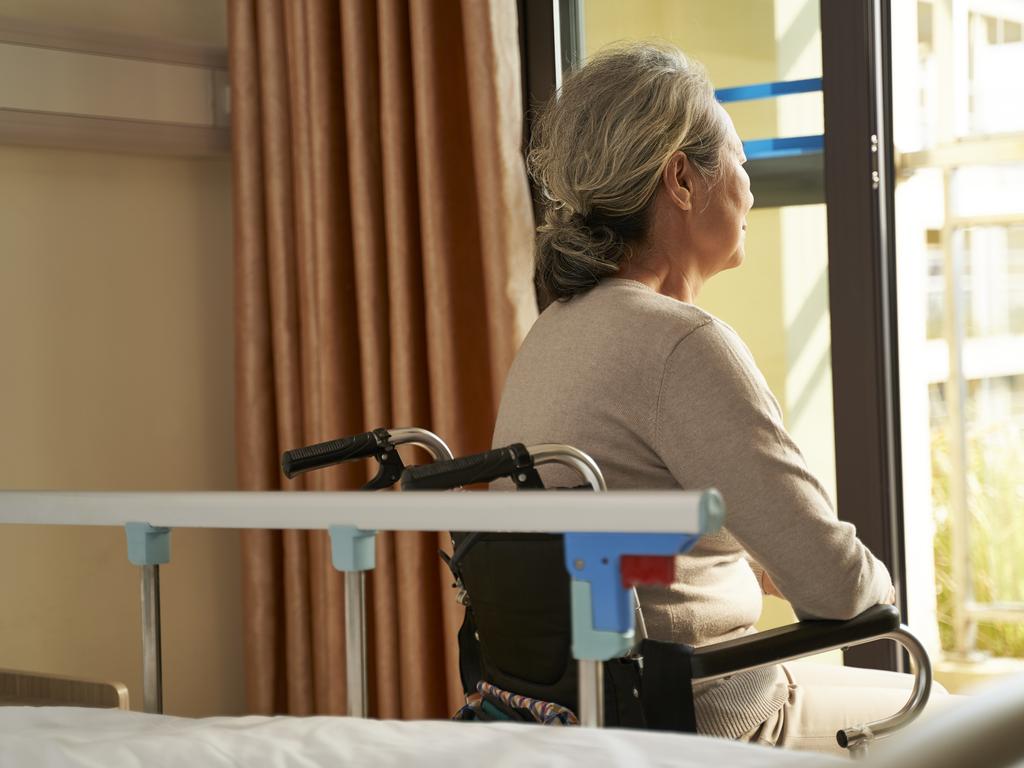Slow return to surgery after Covid backlog
The number of patients waiting for critical joint replacement operations has begun to decline, but experts say the improved wait times are not enough to shift the enormous post-pandemic backlog.

The number of patients waiting for critical joint replacement procedures has begun to decline after more than a year of elective surgery bans, but experts say the improved wait times are not enough to shift the huge post-pandemic backlog.
New figures released by the Australian Orthopaedic Association show that joint replacement operations have bounced back by 7 per cent since before the pandemic, but the number remains “not nearly enough” to clear the nationwide backlog, with almost 20,000 fewer surgeries taking place over the past two years.
The impact of elective surgery bans across 2020 and 2021 – mainly in Victoria and NSW, where they lasted longest – continue to have a major effect on Australian hospitals, according to the association, with the public health system experiencing the brunt of the backlog.
Association president Annette Holian said the fresh figures contained in the National Joint Replacement Registry revealed a startling snapshot of the surgery bans and the realities of the backlog, with patients in NSW and Victoria forced to wait longer than a year in some cases.
“The latest data indicates that while the private system was able to undertake increased joint replacement procedures in 2021 [11 per cent more than in 2019], once the surgery bans were lifted, the strained public system was not able to cope with the sheer number of patients,” Dr Holian said.
With thousands of patients often waiting more than three times the clinically recommended period, there were 15 per cent fewer joint replacement surgeries performed in public hospitals over the past 12 months, compared to 2019.
Dr Holian said revision operations, requiring additional surgery if a replacement joint is rejected by a patient, were also historically low, with a rise of 7.2 per cent last year.
In 2020, association data showed there were about 5500 fewer hip, knee and shoulder replacements across the country than in 2019, with the sharpest reduction in April when the peak body recorded an 84 per cent decline in procedures.
Australian hospitals conducted 129,986 joint replacements, last year, including 52,787 hips, 68,466 knees and 8733 shoulders.
Dr Holian and colleagues were vocal critics of the Victorian government’s extended elective surgery bans, saying in February the excessive procedures delays were harming patients.
She said she hoped the fresh data indicated a turn in the right direction, as hospitals continue to ramp up to pre-pandemic levels.





To join the conversation, please log in. Don't have an account? Register
Join the conversation, you are commenting as Logout